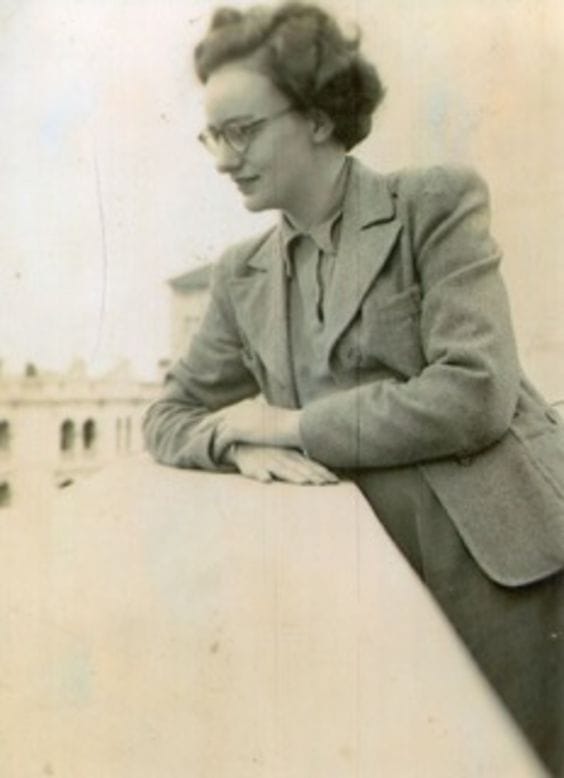Eve to Her Daughters - fiction.

Hello! 🙋♀️ Welcome back to my close analysis of Judith Wright's free verse poem 🔖, Eve to Her Daughters. In Part 2, we explore how Wright criticises the popular belief amongst Australians that Western ideals are superior to those of other cultures. 🧚♀️ (Sorry y'all I'm addicted to this emoji lately)
False narratives
European innovations have historically been celebrated as the most effective – and still dominate in many societies today. Wright condemns this, and suggests that Western ideals may not be as great as we Australians like to think.
To do so, she employs Adam as a metonym for modern Australia's Western foundations.
The free verse form of this poem has a storytelling effect, one that outlines the 'plot' of the story just as fluidly as a prose medium would. The poem thus effectively depicts Adam's prideful and egoistic character: He exclaims,
"So this is how it works!/ And now that I know how it works, why, I must have invented it!"
The logical and prose-like flow that highlights Adam's, and thus Western society's, 'revelation' that their methods are the best invites us to reflect on our own social context – is our country as prideful as Adam is regarding our ideals to the point of detriment?
This contemplation is of particular importance for Eve to Her Daughters as Wright's audience was (and still is) predominantly Anglo-Australians – a cultural group brought up to believe that Western developments (e.g. "safe investment", "higher education", modern means of communication") foster the best outcomes.
Through employing Adam as a metonym for Western ideals, Wright criticises modern Australians' common assumption that traditional Western methods are superior to those of other cultures.
Wanna hear more about 'Eve to Her Daughters'? Subscribe to get updates! It's free, and I would love to hear your thoughts as well. 🤗 🤗
